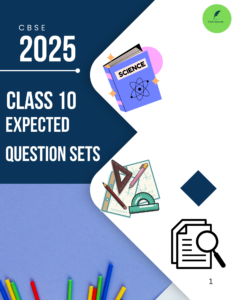In today’s rapidly evolving educational landscape, teachers are constantly seeking innovative ways to engage students and foster a love for learning. One such powerful tool gaining momentum is gamification, a technique that incorporates elements of games into educational activities. This blog post will delve into the role of gamification in education, exploring how it can turn the learning experience into an exciting and immersive game for students.
Engaging Students Through Playful Learning:
Gamification taps into the natural inclination of humans, especially children, towards play. By infusing elements of games into the learning process, educators can create an environment that is not only enjoyable but also highly effective in retaining knowledge.
The Science Behind Gamification:
Understanding the psychological principles that underpin gamification is crucial for its successful implementation. Concepts like intrinsic motivation, immediate feedback, and a sense of accomplishment play a pivotal role in enhancing the learning experience.
Fostering a Growth Mindset:
Gamification encourages a growth mindset by emphasizing progress, effort, and improvement rather than focusing solely on grades or achievements. This shift in perspective can lead to a more resilient and motivated student body.
Personalized Learning Paths:
Through gamification, teachers have the ability to tailor learning experiences to suit individual student needs. By offering different levels of challenges or allowing students to choose their own quests, educators can accommodate various learning styles and paces.
Enhancing Critical Thinking and Problem-Solving:
Educational games often require students to think critically, strategize, and solve complex problems. This not only reinforces academic content but also develops vital skills that are applicable in various aspects of life.
Measuring Progress and Assessing Learning:
Gamification provides opportunities for continuous assessment through in-game achievements, progress tracking, and performance analytics. This allows educators to gain valuable insights into each student’s learning journey.
Incorporating gamification into education can revolutionize the learning experience, making it more engaging, interactive, and effective. By harnessing the power of play, educators have the opportunity to ignite a lifelong passion for learning in their students. As we continue to explore innovative teaching methods, gamification stands out as a transformative approach that holds immense potential for the future of education.



